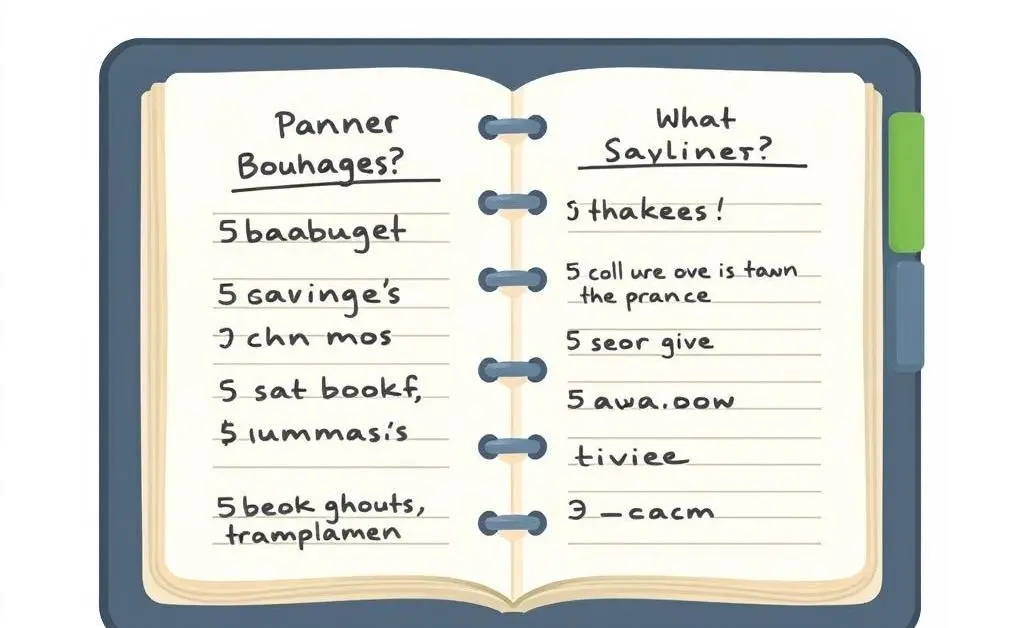Mastering Money: Your Guide to Personal Finance Essentials
Explore personal finance tips to improve budgeting, saving, and investing.

Hey there! If you've ever stared at your bank statement in disbelief or wondered where exactly your paycheck disappeared to, you're definitely not alone. The world of personal finance can seem daunting, but I promise it's less of a mystery once you break it down into manageable bits.
Understanding the Basics of Budgeting
Budgeting is your power tool. Think of it as a roadmap for your money. You'd be amazed at how much clearer your financial picture looks when you plot out your expenses. Start by listing your necessary monthly expenses—rent, groceries, utilities—and then identify areas where you can cut back. A great method is the 50/30/20 rule: 50% of your income for needs, 30% for wants, and 20% for savings. Give it a try!

The Art of Saving
Whether it's for a dream vacation, an emergency fund, or just financial peace of mind, saving money is crucial. Start small if you need to. Transferring a set amount to your savings account on payday can make a significant difference over time. For a more disciplined approach, automate your savings so you won't even notice the money being whisked away to safety!
Smart Investing for Beginners
Once you've got a handle on budgeting and saving, it's time to consider investing your money. This doesn’t have to mean diving into the stock market headfirst. Beginner-friendly options like index funds or ETFs can be a great starting point—think of them as a collection of diversified stocks. And remember, a little research goes a long way in demystifying investment strategies.

Setting Financial Goals
What's a journey without a destination? Setting clear financial goals helps you stay motivated and focused. Whether it's buying a home or retiring at 50, knowing your target gives you direction. Write down your goals, review them regularly, and adjust your savings and investments to align with them.

Final Thoughts
At the end of the day, the key to financial success is to keep learning and adapting. What’s one small step you can take today to improve your financial life? Share your thoughts or questions below—let’s keep the conversation going!




